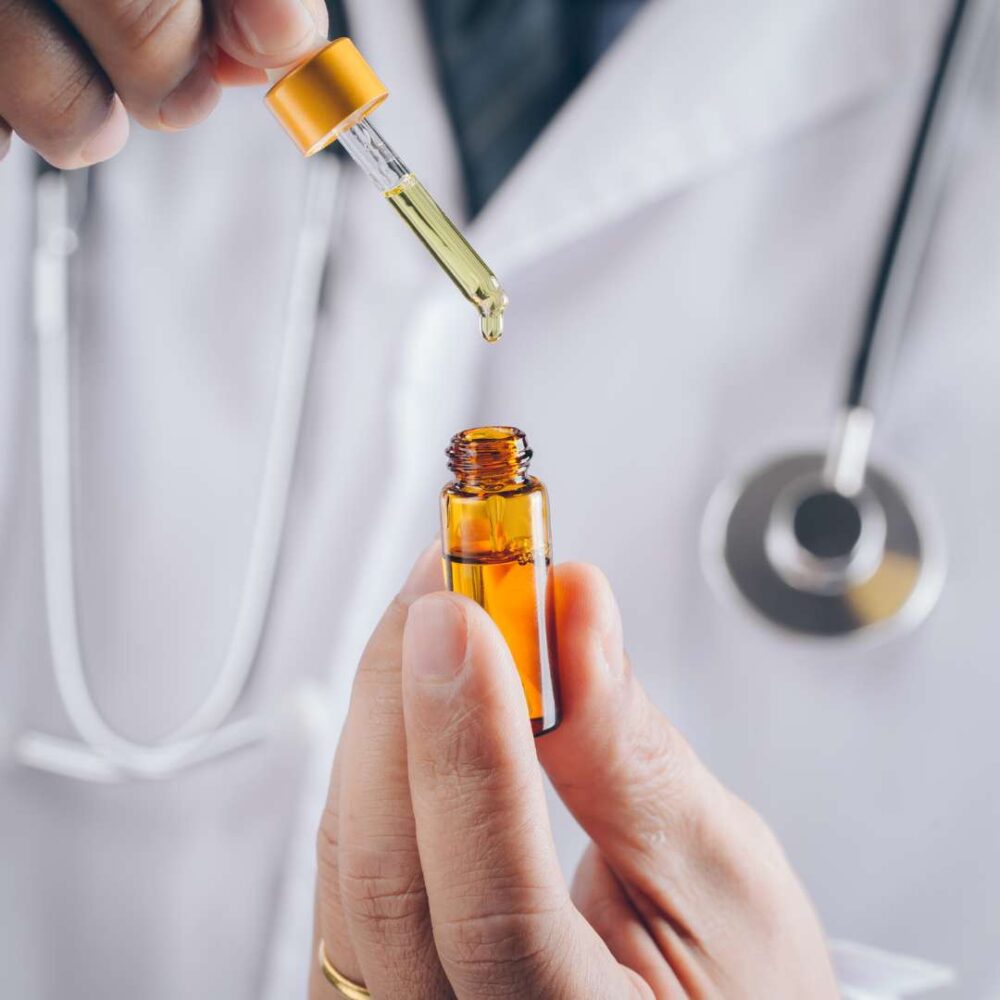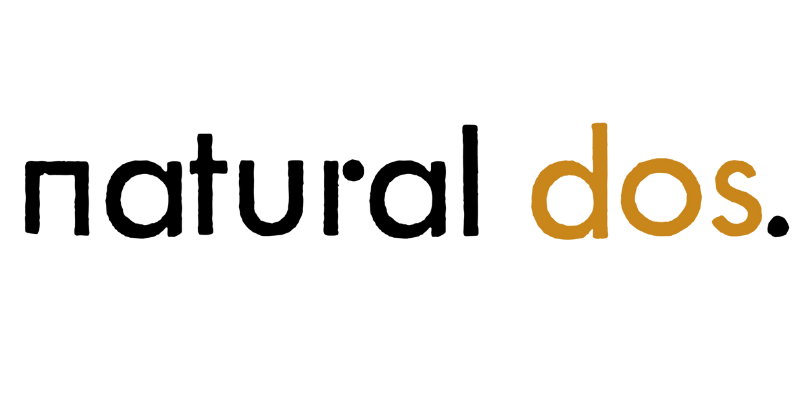
It's pretty amazing how hemp-derived products are taking off these days in a good and positive way. People are getting more and more curious about the different chemical compounds found in cannabis plants and for great reason! Research and studies continue to emerge revealing the numerous potential benefits that cannabinoids in hemp plants bring. As such, two of the most popular ones are CBD (cannabidiol) and CBDA (cannabidiolic acid).
Even though CBD and CBDA sound similar, they actually have some unique differences, like their molecular structure. It's essential to know these distinctions when deciding which product to use. Both compounds interact with our body's endocannabinoid system (ECS), but they can do so in different ways.In this article, let's deep dive into the similarities and differences between the fascinating cannabinoids, CBDA and CBD. Read on as we'll also explore which one is more effective in dealing with various health conditions.
Article Highlights:
- CBD and CBDA are these incredible cannabinoids that do wonders for our body by working with our endocannabinoid system.
- Cannabidiolic acid (CBDA) is this non-intoxicating compound found in a raw cannabis plant and research teams find consuming CBDA is helpful when it comes to dealing with health issues like nausea, inflammation, and even cancer.
- Cannabidiol (CBD) is a nonpsychoactive cannabinoid from the same cannabis plant. It has amazing potential for helping with conditions like anxiety, depression, epilepsy, chronic pain, and other medical conditions.
- What's really interesting is that CBDA and CBD each have their own chemical compositions. The fantastic part about CBDA is it outstanding absorption, which leads to much higher bioavailability
What is CBDA and How Does it Work?
You might be wondering what CBDA is. It’s a good question since CBDA is fairly new in the market so a lot of people are asking many questions. Now, let us break it down for you in a comprehensive way.So you see, cannabidiolic acid (CBDA) is among the major cannabinoid precursor compounds. CBDA is this raw and unprocessed version of CBD found in the cannabis sativa plant. When you heat the plant enzymes, the CBDA converts into CBD, and this process is called thermal decarboxylation.
But then, how does consuming CBDA work? To answer your question, CBDA works by interacting with our body's endocannabinoid system, or ECS for short. This system helps regulate many functions in our body such as:
- Mood
- Sleep
- Inflammation
- Pain
- Immune system
One of the unique properties of CBDA is enhanced absorption, which drastically improves its benefits. In fact, it has between 450% and 1000% better absorption than CBD!
Due to these facts, people are getting more and more benefit from the CBDA compound because it has many amazing potential medicinal uses. Specifically, this chemical precursor may help in reducing inflammation, helping with nausea, and even potentially help fight cancer.
Furthermore, preclinical trials have shown a number of potential CBDA benefits, such as help with chemotherapy patients by reducing nausea and vomiting. It also may help with inflammation-related issues like rheumatoid arthritis and relieve neuropathic pain, and might even be an alternative to common nonsteroidal anti-inflammatory drugs. Plus, the scientific community has evidence that CBDA oil could have anti-cancer properties, which is definitely worth exploring more!
Our goal at Natural Dos is to help people manage their anxiety and stress with this original CBDA cannabinoid that is revolutionizing the hemp space.
What is CBD and How Does it Work?
So now, what's the deal with CBD use and how does it work? You might've noticed that CBD, or cannabidiol, has been gaining a lot of popularity lately. It's this amazing cannabinoid that comes from the cannabis sativa plant, but it doesn't get you high like marijuana does. Researchers have been studying it like crazy, and they've found that it might help with all sorts of health issues.
People are turning to CBD products for some much-needed relief from stuff like anxiety, depression, epilepsy, and even chronic pain. It's a natural alternative that's got a lot of folks excited.
Now, let's talk about how it works. CBD interacts with the ECS by binding to cannabinoid receptors, and this can lead to a whole bunch of positive effects on our health. We're talking pain relief benefits, anti inflammatory properties, and it may even possess anti anxiety effects – just to name a few.
The fact that CBD interacts with all these different receptors means it could have even more benefits than we first thought, making it a really attractive option for people looking for a natural way to manage their health concerns. As more research comes out, it's becoming clearer and clearer that cannabidiol extract has the potential to help with a wide variety of health issues.
Differences Between CBD and CBDA
Let's chat about the differences between the potent cannabinoids, cannabidiolic acid (CBDA) and cannabidiol (CBD). By now, you know that both of these chemical compounds come from the cannabis plant, but did we already delve down about their unique properties and specific interactions with our body's endocannabinoid system?To begin with, there's a process called thermal decarboxylation that involves heat or UV light. Decarboxylation changes CBDA into CBD by removing a carboxyl group. And because of this, CBDA and CBD work differently in our bodies.
CBDA and anti inflammatory properties
For instance, CBD binds directly to cannabinoid receptors, while CBDA takes a more indirect route by inhibiting the COX-2 enzyme. This enzyme is involved in inflammation and pain, plus CBDA might help enhance the endocannabinoid system's activity by preventing the breakdown of the natural endocannabinoid anandamide.
CBDA and bioavailability
If you are not familiar with bioavailability, it simply means how well a compound can be absorbed by your body. You may be taking different supplements or medications, but if they cannot get into the blood well, there is not much benefit to be gained.
This is where CBDA shines. It has up to 1000% better absorption than CBD! This can mean a 50mg dose of CBDA can be comparable to a 500mg dose of CBD.
Now, there's been extensive research into CBD's potential health benefits compared to CBDA. However, CBDA is still pretty new on the scene, and early preclinical trials suggest it could be even more potent in treating nausea, inflammation, and slowing down the growth of specific breast cancer cells. So, it's important to keep in mind that both CBD and CBDA benefits need more research to confirm these findings.
Even though CBD and CBDA share some similarities in their molecular structure, they interact differently with the endocannabinoid system, which could lead to a range of health benefits. As the scientific community continues to explore hemp plant's cannabinoids, we'll gain a better understanding of their therapeutic potential. This will help us learn more about these cannabis plant derived natural dietary supplements and how they can be used in human health and medicine.
Similarities Between CBD and CBDA
CBDA vs CBD: they are like two peas in a pod when it comes to how they interact with our endocannabinoid system. They both help tweak the system's activity, which in turn affects a bunch of our bodily functions.
What's cool is that CBD and CBDA share some pretty awesome diverse health benefits. A research team has found that both of these chemical compounds have anti-inflammatory effects in an animal model, which means they may potentially help in human health with issues like anxiety disorders, depression, epilepsy, nausea, vomiting, and even treating symptoms of multiple sclerosis.
You can find CBD products anywhere, but CBDA products like CBDA tinctures, capsules, CBDA gummies and creams are harder to find due to the required technology to purify them.
Cannabidiol extracts has been getting a lot of attention lately and is pretty easy to find. But don't count CBDA out just yet— unlike CBD, CBDA it just popping up in some natural health products and supplements.
Which Is More Effective, CBD and CBDA?
Well, it's important to remember that the research comparing cannbidiolic acid (CBDA) and cannabidiol (CBD) is still pretty limited to arrive into a concrete conclusion. We definitely need more studies to figure out if one is more effective than the other for certain health issues.That said, some early research hints that CBDA might have some unique benefits that CBD doesn't, such as overcoming its poor absorption.
Multiple preclinical trials found that CBDA is more easily absorbed by our bodies, so it might have a stronger effect or maybe more potent than CBD.
But, there are a lot of factors that can affect how well CBD and CBDA work for you, like the type of hemp varieties, the dose you take, how you consume it, and even your own body chemistry. Plus, everyone's different—some people might find one compound works better for them because of differences in their endocannabinoid system and other physical factors.
It's also important not to jump to conclusions and think that CBDA is always better than CBD just because it has some unique properties. Both compounds have potential health benefits and are used in a variety of products to take advantage of those perks. We really need more research to fully understand the differences and similarities between CBDA vs CBD, and how effective they are for different medical conditions.
As scientists keep digging into CBDA vs CBD, we'll get a clearer picture of which one is more effective. This will help doctors and medical cannabis users make smarter choices when it comes to using these compounds for their health needs, leading to better results overall.
Conclusion
So, to wrap things up, CBD and CBDA from hemp plant have a lot in common and share some potential health benefits. But they also have their differences, especially when it comes to their individual chemical composition and how they interact with our endocannabinoid system and their possible therapeutic effects.The scientific community suggests that the chemical precursor CBDA might have its own unique healing properties. Just remember, we need more studies to really understand how these two compounds work and how effective they are for different health problems.
And hey, using CBD and CBDA together could lead to even better results! Just make sure you talk to a healthcare professional to figure out the right dosage and way to take it, based on your preference and personal needs.



